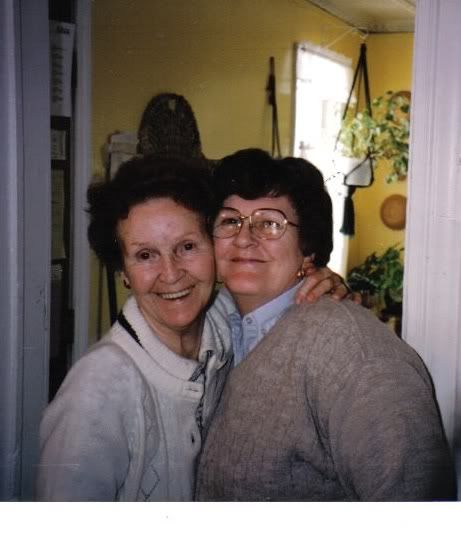I attended the “Day of Reflection about the Diaconal Discernment” May 26.
The day is the first step in the application process (beyond, of course, contacting the Diocese in the first place and maybe talking with the director of deacon personnel or with parish staff.)
We heard about the challenges of being a deacon, the rewards, and the application process.
Deacon David Palma, who runs the diaconate program for the Diocese of Rochester, noted that all too often we equate the deacons with what they do. He said being a deacon is more than what one does – indeed, many of the things a deacon does a non-ordained person could do. Non-ordained people can even, under the right circumstances and under certain conditions, perform baptisms and officiate at weddings.
The diaconate is a vocation that involves all aspect of a deacon’s life, he said, and that “what a deacon does can only flow out of who a deacon is.”
I also liked a response Richard Rohr gave to folks who said they are not worthy of being deacons: “You’re not worthy, so get over it.”
None of us is worthy of a call. We have to be humble enough to respond and to let God mold us and use us.
Indeed, one of the things cited repeatedly was that once we enter the program, we change for the better, if we allow God to work in us.
I could use that!
The process has been intensified since I first considered it two years ago (I had to stop when my mother got ill.)
All the application materials are due by September 1. Bishop Cark will decide who to invite in November, and the program starts for that group in January 2008.
If all goes well for this group, they would be ordained deacons in 2012. Interestingly, that is also the year Bishop Clark turns 75 and is required to submit his resignation – so if the Pope accepts that resignation (some bishops do continue to serve even after submitting), this class could be the last one Bishop Clark ordains.
If I am among those deacons, I would be honored.
Of course, there is the canonical issue that’s still being resolved.
I spoke with Deacon Palma briefly after the day, and he said if I had not heard a decision by July 1 to contact him immediately so he could see if something could be done about it.
By the way, those who like to slam the diocese for lack of vocations might be interested to know that next Saturday six deacons will be ordained, and that there are 29 men in formation. Deacons are not priests, true, but they are ordained members of the hierarchy.
To be honest, I find the whole process exciting – and frightening. Part of me just wants to crawl away and sit in pew and let others take the risks. What if the canonical issue does not clear up? What if it does, but I still get turned down? What if I start the process, and find out it’s not right and face the decision of quitting after talking about this for years? What if life jumps in again as it did two years ago with my mother?
But as one deacon candidate told us, if you even think you have a call, go for it. Even if you don’t get ordained, you will be enriched by the process.
Boy, do I need some prayers!
I went home and talked with my wife, who was too sick to attend the day (wives were encouraged to attend).
I told her what had been discussed. I then told her that my first vocation was to her, and so if she had any misgivings, now was the time to voice them. I assured her there would be no resentment or anger, or no tossing it in her face somewhere down the road.
She comes first.
She seems inclined toward saying yes, but there’s time yet.
Pray for her, too!






